DC Vertigo Comics Obituary: 1993-2019
We say goodbye to the DC Vertigo Comics imprint

The comic book industry lost one of its leading innovators in 2019: DC’s beloved Vertigo imprint, which spawned some of the most treasured stories of the last quarter century.
Created in 1993 as a home for DC’s more mature content, Vertigo was officially killed in an announcement by DC. Terminated in January 2020, the imprint left behind 27 years of creative content to make way for a consolidation of all the publisher’s offerings under one “DC” name, with labels denoting each titles’ intended age range. But there's still much to celebrate.
Why so sorry?
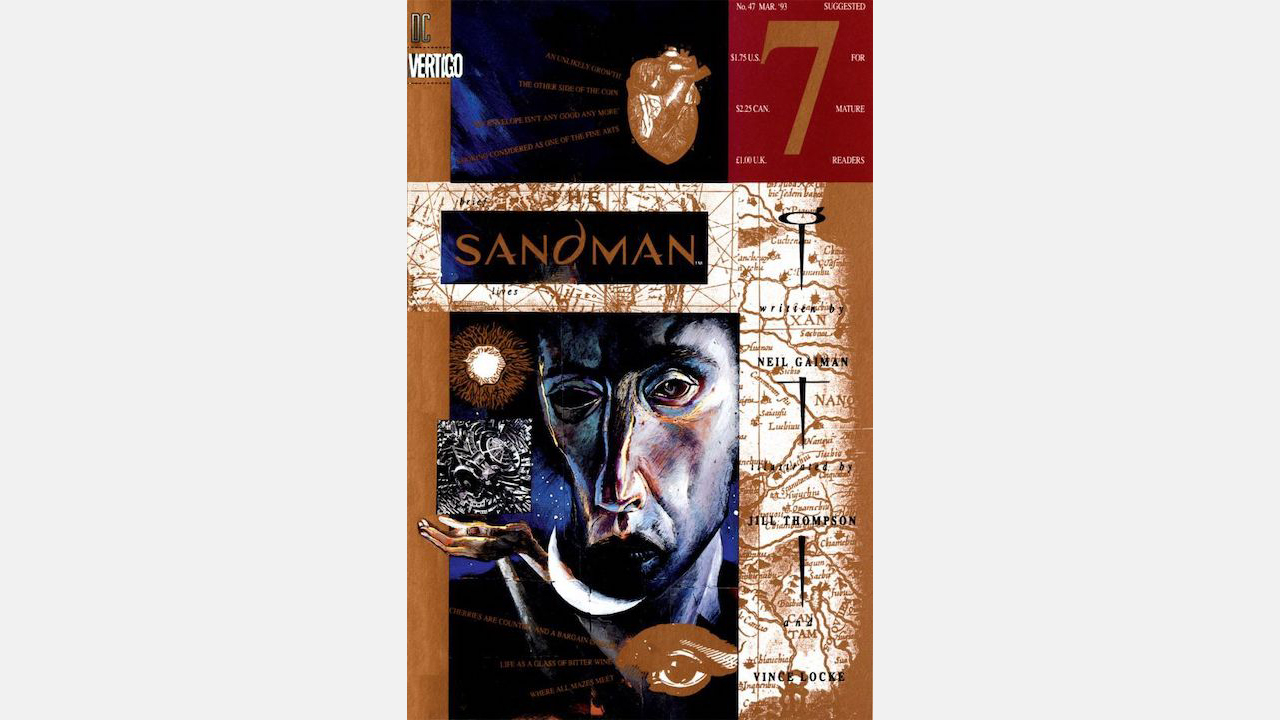
The loss of the Vertigo imprint is disheartening to long-time comic book fans because its banner graced many of the most groundbreaking comics of the last three decades.
Throughout its history, Vertigo took risks on unconventional comic book stories like Hellblazer, Garth Ennis and Steve Dillon’s Preacher, Warren Ellis and Darick Robertson’s Transmetropolitan and Grant Morrison’s The Invisibles.
Under the Vertigo banner, Neil Gaiman’s Sandman emerged as one of the imprint’s most popular titles, leading to spin-offs and subsequent set in the same universe including the current ‘Pop-Up’ Sandman Universe line.
Later, the huge popularity of Fables, created by Bill Willingham for Vertigo in 2002, helped carry the imprint into the new millennium, leading to multiple spin-off titles, The Wolf Among Us video game and even a Vertigo-published prose novel.
Vertigo also became the home for critical darlings like Jason Aaron and R.M. Guera’s Scalped, Brian K. Vaughan and Pia Guerra’s Y: The Last Man, and Scott Snyder on his first comic book work, American Vampire with artist Rafael Albuquerque.
Get the best comic news, insights, opinions, analysis and more!
The central figure at Vertigo who made a bet on these creators and stories was Karen Berger, who served as executive editor at Vertigo for nearly two decades. During her tenure as a DC editor in the 1980s and then Vertigo’s chief in the 1990s and 2000s, she launched the careers of several now-superstar writers before departing from DC/Vertigo in 2012.
Long time coming?
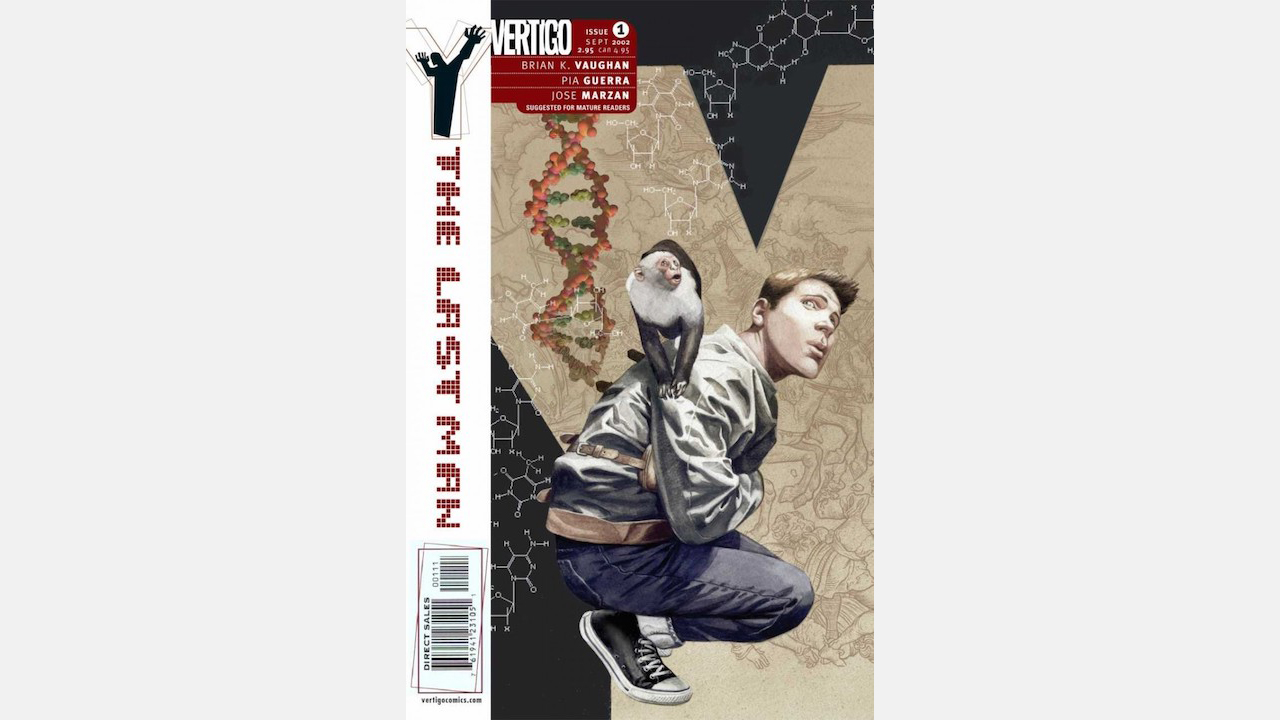
If this were an obituary, the description of Vertigo’s death would probably be described as occurring “after a long illness.”
As Berger said on Twitter: “Corporate thinking and creative risk-taking don’t mix. DC nixing Vertigo was a long time coming. But hey, we changed the game and we had a blast doing it! Honored to have worked with so many incredibly talented creators and editors, and thanks to all our fab readers!”
Vertigo’s slow-but-steady demise can be traced back to the early-2010s, when several changes were made to the imprint.
First, DC changed the creator contracts for Vertigo stories, making the imprint a less profitable destination for writers and artists with original creations.
Not long after that change, in 2012, DC moved former Vertigo-associated characters like Swamp Thing and John Constantine into the DCU, ending the long-running Vertigo title Hellblazer that served as Constantine’s home for more than two decades, and causing speculation about Vertigo’s demise.
Around the same time, DC started publishing more mature content under the DC Comics logo, blurring the line between what types of titles were housed under the DC and Vertigo imprints.
Then in 2013, after Berger’s 2012 departure, Willingham announced that he and artist Mark Buckingham would be ending Fables with issue #150.
By 2016, DC officially put Vertigo under DC’s direct editorial control, leading then-Vertigo executive editor Shelly Bond to also leave.
Steve Rotterdam, who served as DC’s senior vice president of sales and marketing in the late 2000s, said the transfer to DC’s oversight spelled the end of Vertigo’s ability to stand apart.
“As someone who considers brands to be living breathing entities, it pains me to see a brand like Vertigo just limp along on life support,” said Rotterdam, who now oversees marketing for AfterShock Comics. “During my brief tenure at DC, Vertigo was able to remain true to its core values and vision. For whatever reason, that leadership was ceded to others and, ever since, periodic efforts to reclaim Vertigo’s dominance have failed.”
The final death knell
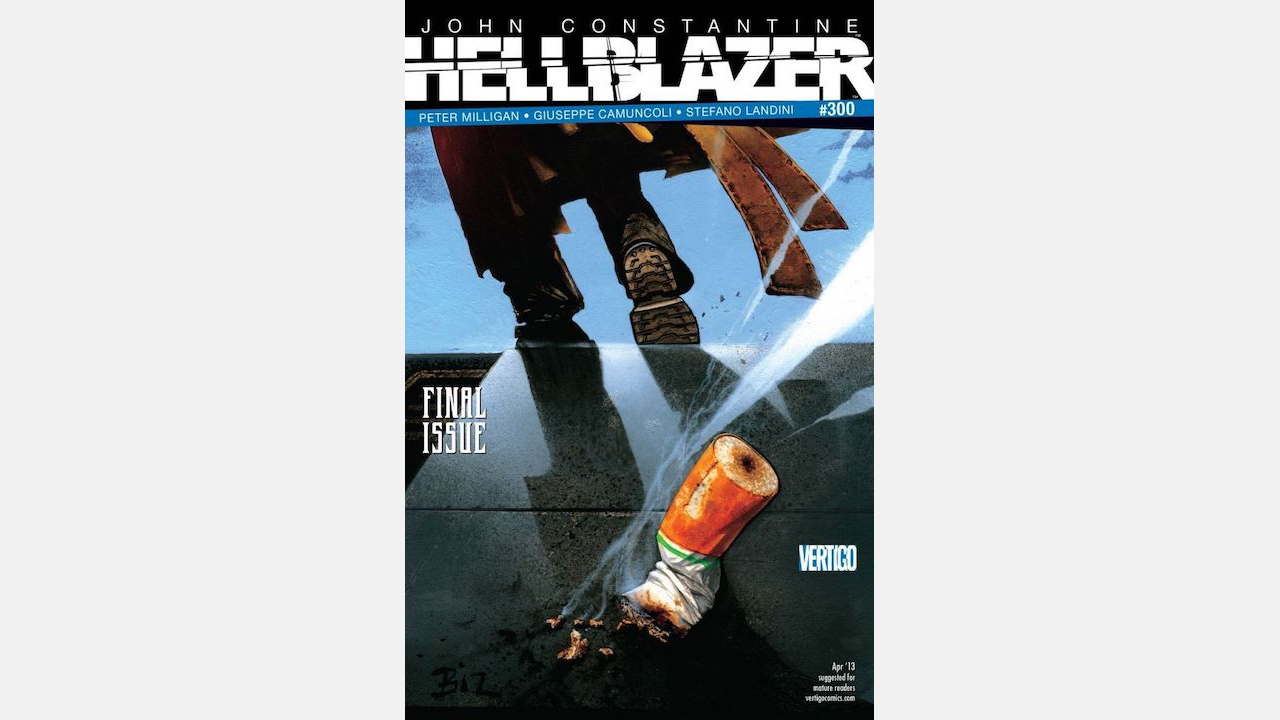
Last year, DC seemed to be making one last-ditch effort to save the Vertigo imprint by not only debuting new titles set in the Sandman universe, but launching new, original content with several of what it called “socially relevant” titles.
But the potential controversy of the new titles seemed to backfire on DC when both the comic books and their creators experienced scandal.
First, the debut title of the Vertigo relaunch, Border Town, was canceled after online allegations of sexual misconduct surfaced online against the book’s writer (prompting the book’s artists to quit).
Then the creators of another of the new Vertigo titles, Second Coming, claimed that they didn’t like DC’s editing of their mature content and took their book elsewhere. (Probably not coincidentally, before the book was published, it experienced pushback from Christians who weren’t happy with how Jesus Christ was portrayed in material released.)
Future possibilities
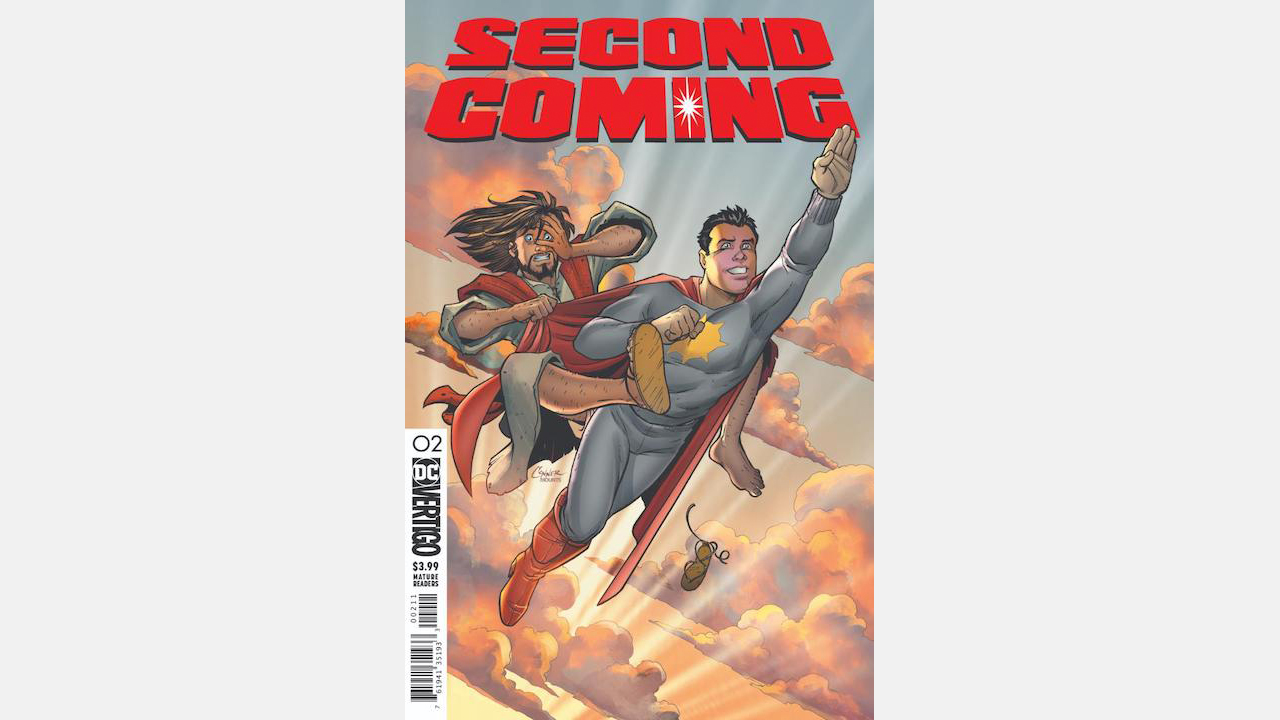
According to DC’s most recent announcement, the end of the Vertigo imprint does not mean the publisher won’t make mature content after the line comes to its end.
It just won’t be called “Vertigo” anymore.
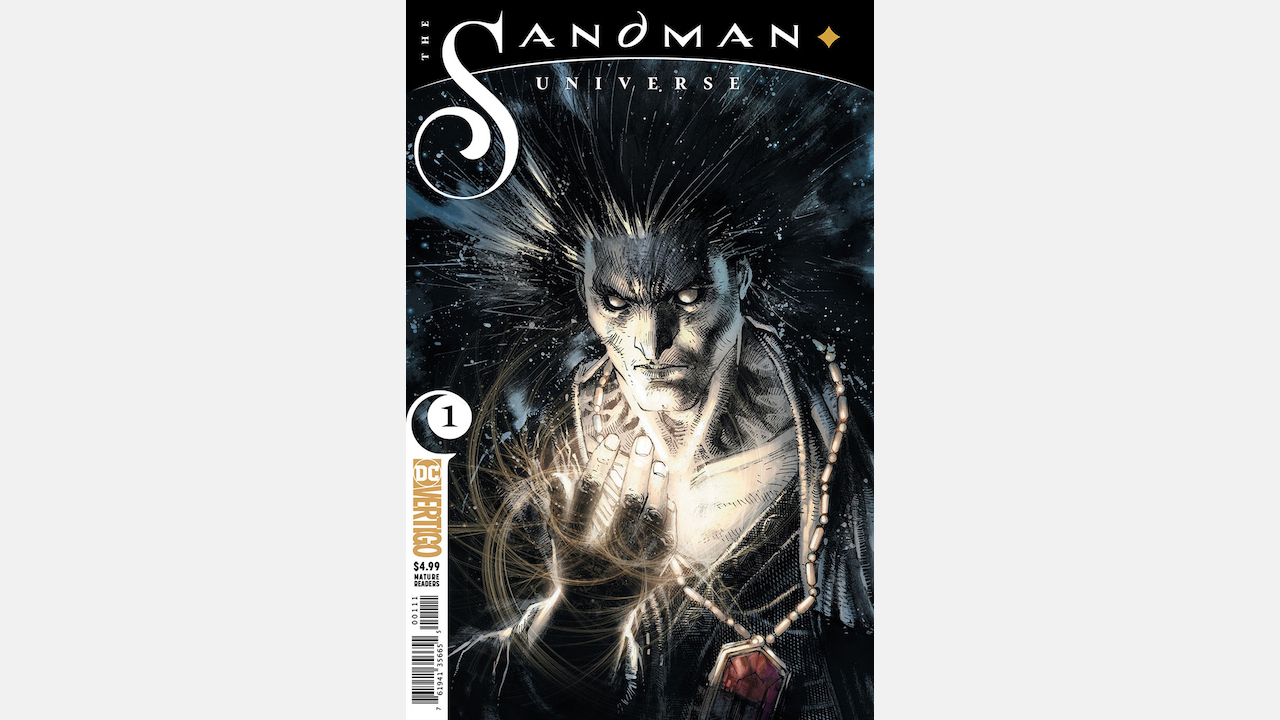
From January 2020, material for readers age 17 and older have started being published under the DC Black Label banner.
That includes the Sandman universe titles that were recently launched under the Vertigo imprint, according to a Twitter post from Jim Lee, DC's Chief Creative Office/co-Publisher.
“Our decision to rebrand all content under the singular DC imprint is just that,” Lee posted, explaining why Vertigo and other DC imprints were replaced by new age-appropriate labels. “Amazing books that comprise the Sandman Universe e.g. will continue. Big plans for year two!”
So although the name “Vertigo” may not be associated with comic books at DC, it seems that its mature and Sandman-centered legacy isn’t completely forgotten.
Vaneta has been a freelance writer for Newsarama for over 17 years, covering Marvel and DC, and everything in between. She also works in marketing.


